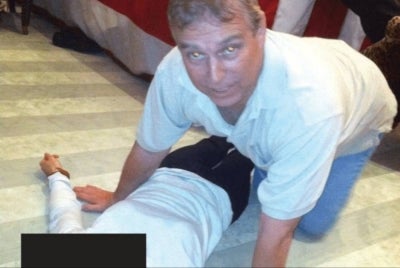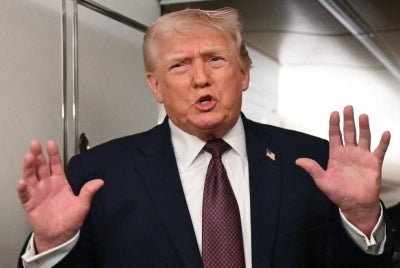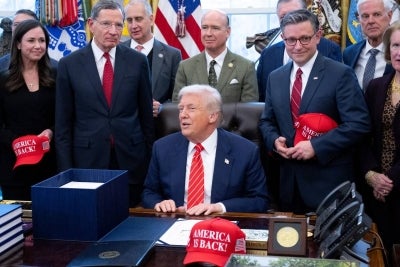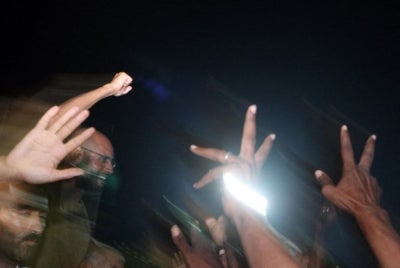Pakistan PM calls for street protests ahead of no-confidence vote
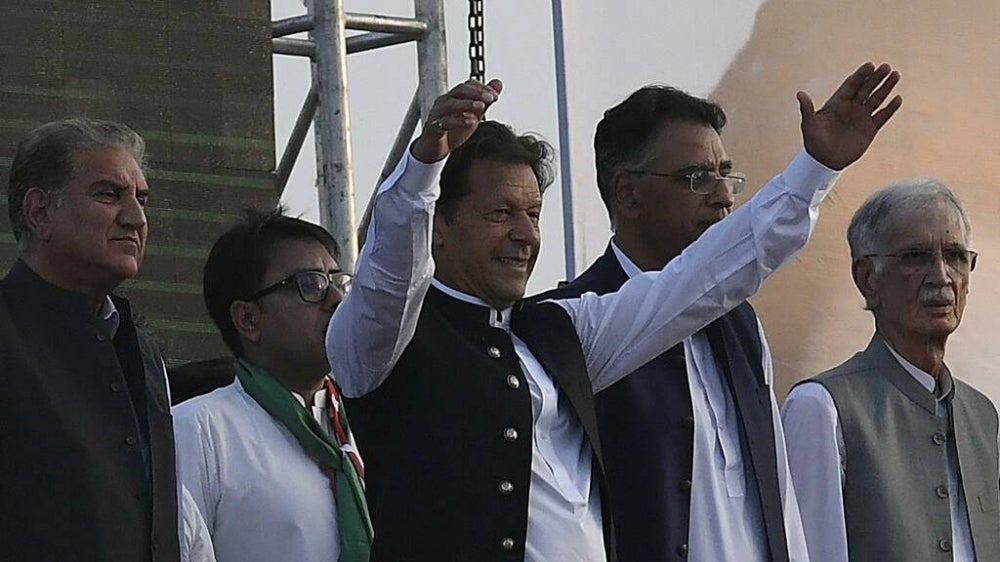
ISLAMABAD - Pakistan Prime Minister Imran Khan called on his supporters to take to the streets Sunday ahead of a parliamentary no-confidence vote that could see him thrown out of office.
No Pakistan premier has ever completed a full term, and Khan is facing the biggest challenge to his rule since being elected in 2018, with opponents accusing him of economic mismanagement and foreign-policy bungling.
Parliament is due to debate the motion Sunday -- with a vote possibly the same day -- but Khan's Pakistan Tehreek-e-Insaf party (PTI) effectively lost its majority in the 342-member assembly last week when a coalition partner said its seven lawmakers would vote with the opposition.
More than a dozen PTI lawmakers have also indicated they will cross the floor, although party leaders are trying to get the courts to prevent them from voting.
On Saturday Khan called on supporters to take to the streets to peacefully protest against what he said was a "conspiracy" hatched outside Pakistan to unseat him.
"I want you all to protest for an independent and free Pakistan," he said during a public question and answer phone-in broadcast by state media.
Earlier this week he accused the United States of meddling in Pakistan's affairs, with local media reporting he had received a briefing letter from Islamabad's ambassador to Washington recording a senior US official telling him they felt relations would be better if Khan left office.
In Washington, State Department spokesman Ned Price told reporters there was "no truth" to the allegations.
Khan has accused the opposition of conspiring with Washington to remove him because he won't take the West's side on global issues against Russia and China.
He called his opponents "robbers, cowards, deceivers".
The opposition is headed by the Pakistan Muslim League-N (PML-N) and the Pakistan Peoples Party (PPP) -- two usually feuding dynastic groups that dominated national politics for decades until Khan forged a coalition against them.
Army key to power
If Khan goes, the PML-N's Shehbaz Sharif is tipped to become the next prime minister -- but on Saturday the government moved to have him sent back to jail to await trial on money-laundering charges that have been pending since 2020.
The government asked a Lahore court to revoke his bail, with a decision expected Monday.
Sharif is the younger brother of three-time prime minister Nawaz Sharif, who was ousted and jailed on corruption charges in 2017 and is currently in Britain after being released from prison two years later for medical treatment.
Khan was elected after promising to sweep away decades of entrenched corruption and cronyism, but has struggled to maintain support with inflation skyrocketing, a feeble rupee and crippling debt.
Some analysts say Khan has also lost the crucial support of the military -- claims both sides deny -- and Pakistan's army is key to political power.
There have been four military coups -- and at least as many unsuccessful ones -- since independence in 1947, and the country has spent more than three decades under army rule.
Debate on the no-confidence motion was due to start Thursday, but the deputy speaker -- from Khan's party -- suspended proceedings when legislators declined to first address other items on the agenda.
Khan, a former international cricket star who in 1992 captained Pakistan to their only World Cup win, hinted he still had a card to play.
"I have a plan for tomorrow, you should not be worried about it. I will show them and will defeat them in the assembly."
In the past, parties have resorted to physically preventing lawmakers from voting on key legislation by blocking access to the national assembly, leading to cat-and-mouse chases and even accusations of kidnapping. - AFP
Download Sinar Daily application.Click Here!

